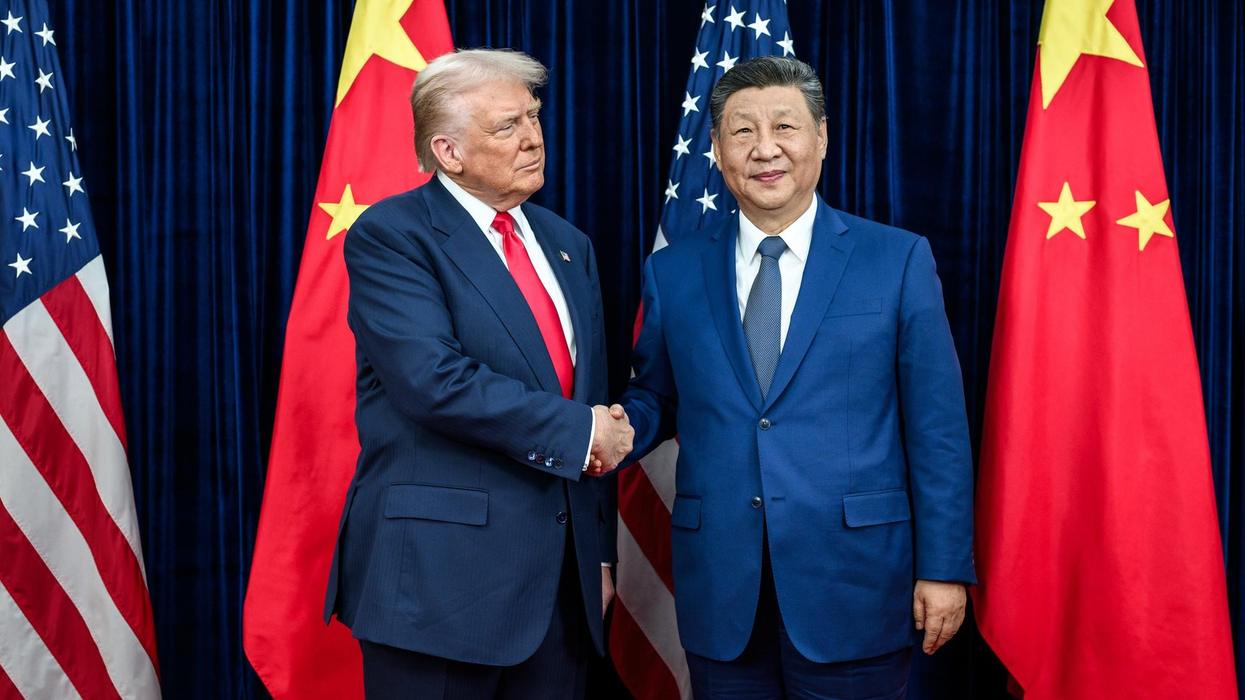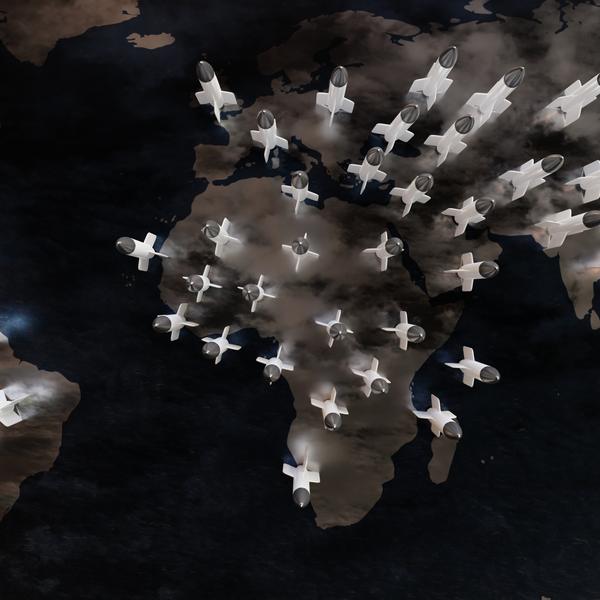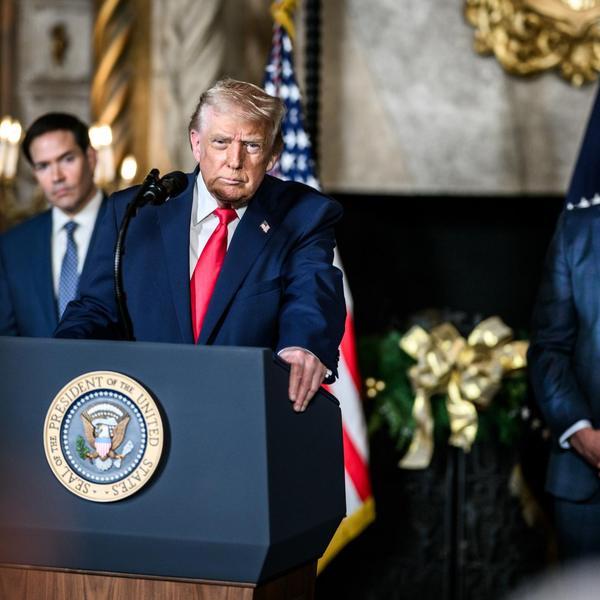Even as the war in Gaza rages on and the death toll surpasses 35,000, the Biden administration appears set on pursuing its vision of a Saudi-Israeli normalization deal that it sees as the path to peace in the Middle East.
But, the agreement that the administration is selling as a peace agreement that will put Palestine on the path to statehood and fundamentally transform the region ultimately amounts to a U.S. war obligation for Saudi Arabia that would also give Mohammed bin Salman nuclear technology.
As the Gaza War demonstrates, the Abraham Accords — which normalized relations between Israel and other Arab states — did not help bring peace to the Middle East. But instead of pushing for a ceasefire that could end the humanitarian crisis in Gaza and limit the chances of a wider regional conflagration, Biden is pushing to continue the legacy of the Abraham Accords in a move that only increases the likelihood of American troops being sent to fight another war.
Learn more in this new video by the Quincy Institute’s Khody Akhavi:
















